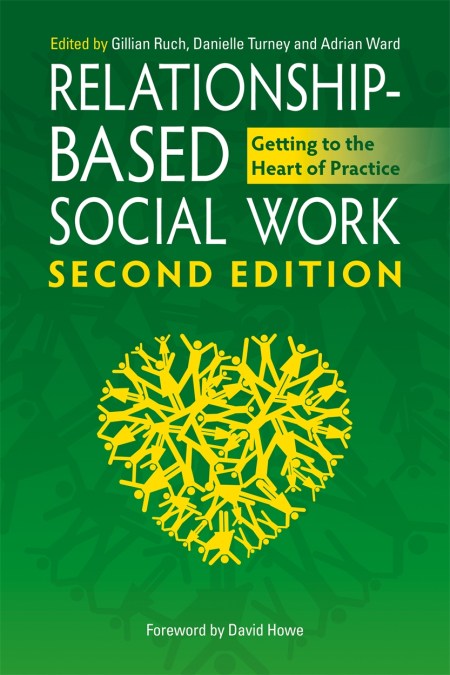This comprehensive guide to relationship-based practice in social work communicates the theory using illustrative case studies and offers a model for practice. Updated and expanded, it now includes increased coverage of anti-oppressive and diversity issues, service user perspectives and systemic approaches in social work.
The book explores the ranges of emotions that practitioners may encounter with service users, and covers working in both short-term and long-term professional relationships. It also outlines key skills, such as how to establish rapport, and explores systemic issues, such as building appropriate support systems for practice, management and leadership.
The book explores the ranges of emotions that practitioners may encounter with service users, and covers working in both short-term and long-term professional relationships. It also outlines key skills, such as how to establish rapport, and explores systemic issues, such as building appropriate support systems for practice, management and leadership.
Newsletter Signup
By clicking ‘Sign Up,’ I acknowledge that I have read and agree to Hachette Book Group’s Privacy Policy and Terms of Use
Reviews
In the current climate for child and family social work, it has never been more important to underpin practice with relevant theoretical knowledge that can be applied by practitioners in their everyday tasks. This book provides an accessible way of doing this. I will be making sure this valuable resource is available as essential reading across our organisation.
Relationship Based Social Work (2nd Edition) builds on the persuasive and powerful arguments presented in the first edition of this seminal text. The book will be valued as a resource and as emotional and theoretical sustenance for those who seek to maintain an emphasis on the relationships that are at the core of social work practice regardless of context or situation. Such a commitment can be beset by challenges, compromises and difficulties but this book provides reassurance and clarity to help guide practitioners, students and academics alike. This should be on every social work bookshelf.
The central message of this book should make it a 'must read' for all social workers, managers and those concerned with and about social work. As with all great ideas and concepts, the joy is that at their heart they are simple. What this book does beautifully is unpack the simple idea, exploring the key components of how social workers should place relationship based social work at the centre of their practice. In a world too driven by technocratic responses, digital solutions and robotics, the one thing we can be sure of is that social workers will not be replaced by robots! This book explains why - you should read it.
